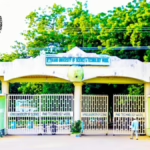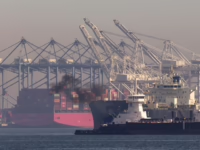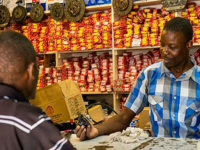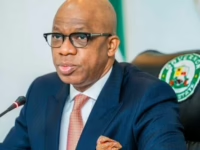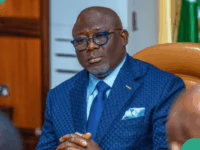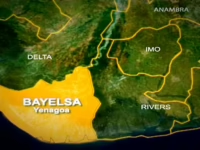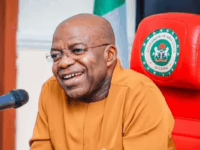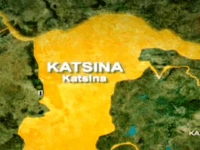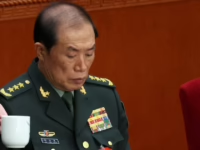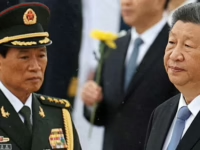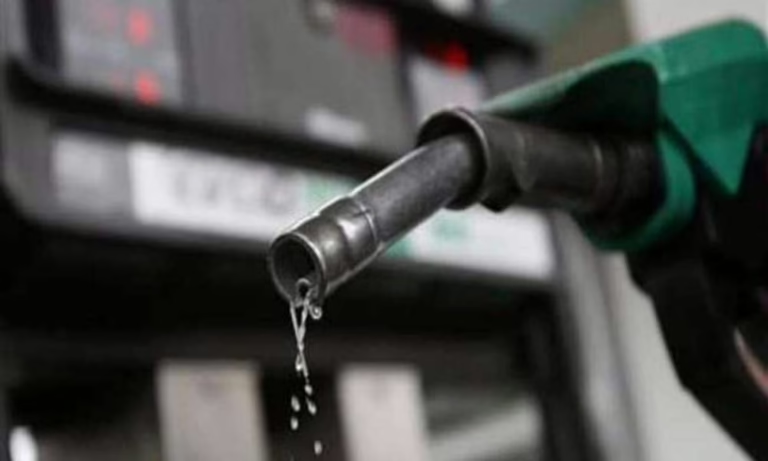Nigerians on social media platforms were stirred by intense debates regarding a potential rise in transportation costs, sparked by overnight speculation about another fuel price increase from petrol marketers.
On X (previously known as Twitter), numerous transport-focused accounts and driver unions suggested that fares might climb if the current trend of rising fuel prices continues. Hashtags like #FuelPrice, #TransportFare, and #NigeriaEconomy dominated conversations early Friday, reflecting commuters’ growing concerns about their daily expenses.
One widely shared tweet from an individual claiming to speak for a Lagos drivers‘ association warned that “passengers should brace themselves for new fare structures next week if petrol depot prices remain unstable.”
Similar voices echoed this warning, highlighting that escalating black-market fuel costs are already making it difficult for drivers to sustain their operations. This follows confirmation from the Nigerian National Petroleum Company (NNPC) of a recent petrol price adjustment, attributed to higher ex-depot rates and increased transportation expenses.
Current reports indicate that petrol prices have surged to as much as N992 per litre in areas of Lagos and Abuja, up from the previous N865.
Commuters have voiced their apprehension about the prospect of increased transport fares, emphasizing that any hike would exacerbate the already high cost of living.
“If fares rise again, many people might resort to walking to work,” remarked a Lagos resident in response to a trending post. Although no official transport union has declared a fare increase yet, experts suggest that fare adjustments are probable if fuel prices continue their upward trajectory.
Since the subsidy removal in 2023, fluctuations in fuel prices have been a major contributor to inflation in Nigeria. Each increase at the pump tends to trigger immediate rises in transport fares and the prices of goods, impacting millions who depend on public transportation daily.
By Deborah Olasode


